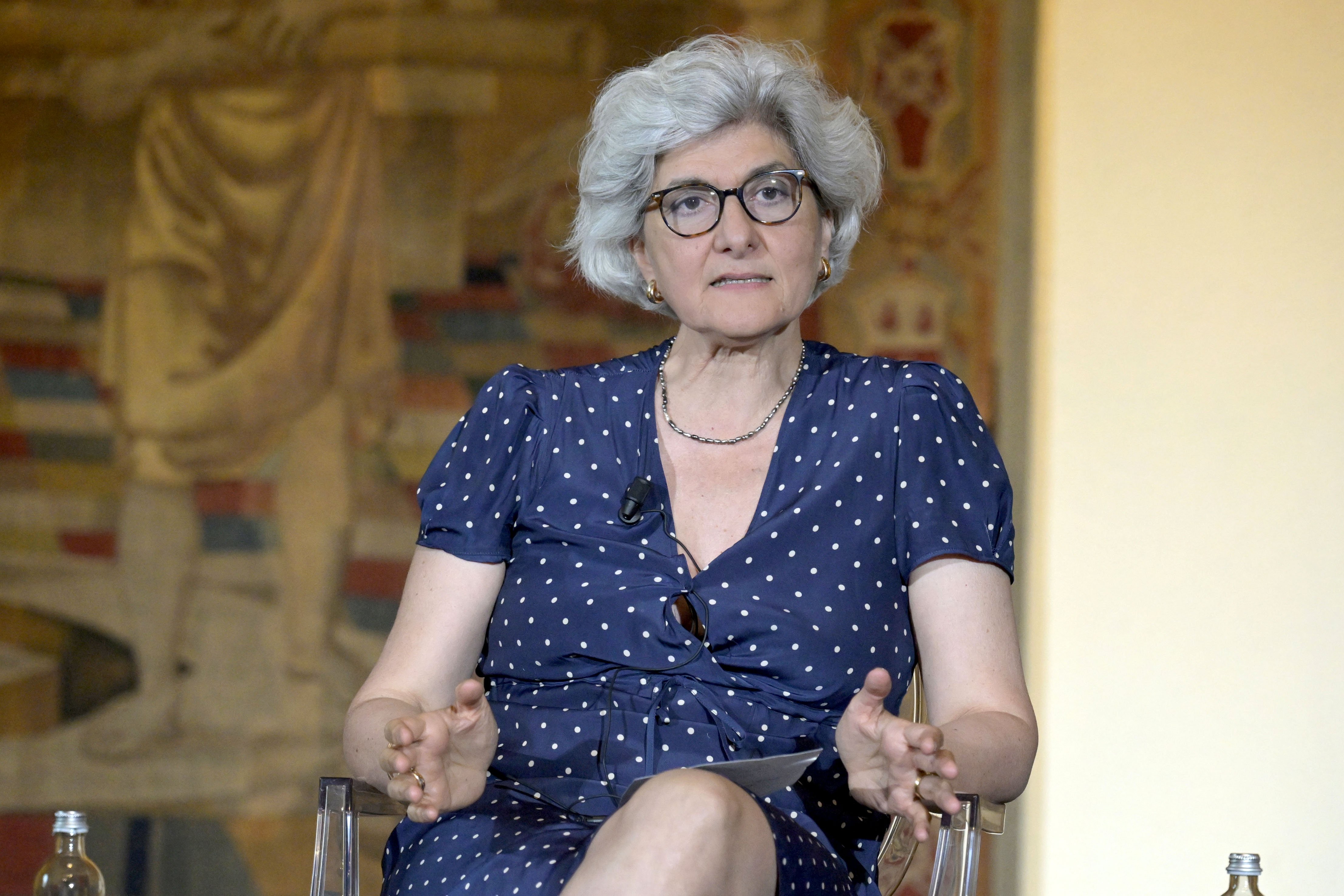Italy as Protagonist: A Lesson in Leadership
No municipality, no government, no company functions on the basis of unanimity. Why should the European Union content itself with this constraint? A commentary by Sylvie Goulard

This contribution by Sylvie Goulard was prepared for the debate held during the annual event of the Institute for European Policymaking at Bocconi University, which took place at the Castello Sforzesco on June 11, 2025.
In his Mémoires, Jacques Delors recounts well the story of the Milan Council of 1985 and above all its most relevant point: "For the first time in its history, at the request of Craxi, President, the European Council is invited to vote. Seven countries are in favor, three against (United Kingdom, Denmark, Greece). The intergovernmental conference is convened."
With the support of Benelux, France and Germany, but also of Spain and Portugal on the eve of their entry into the European Community, this Italian move gave rise to the Single Act and thus to the single market.
The context of the time was quite similar to the one in which we live. There was an international crisis linked to the fear of Soviet nuclear "Euromissiles." European economies were, according to Delors, "undermined by stagnation, hampered by weak investments and worn down by rising unemployment." His Commission intended to bring the Community out of the so-called "sclerosis" with the project of abolishing borders, a single market, a stronger industry, and more investments in research.
Already then there was a woman who wanted to maintain unanimity at any cost, the "formidable Maggie Thatcher" in the front row. The French and Germans had made a parallel proposal, centered on intergovernmental cooperation and on foreign policy and defense. Benelux wanted more community method.
What are the lessons for today?
First of all, the importance of leadership by those who govern. Blocking is not acceptable. Italian Premier Bettino Craxi, helped by the then Foreign Minister Giulio Andreotti, in 1985 decided to overcome the obstructionism of the minority, even though normally the European Council did not vote and proceeded by consensus.
This precedent should be used in the face of anyone who claims to block the decisions of the majority, as Hungarian Prime Minister Viktor Orbán has done several times, for example on aid to Ukraine.
In a union of states and peoples, it is a democratic challenge: there is need for more respect for the majoritarian will. And more respect for the effectiveness of decisions. No municipality, no government, no company functions on the basis of unanimity. Why should the European Union content itself with this rigidity?
Furthermore, Delors reminds us of the necessity of teamwork and thorough work. Before the Milan Council, Lord Arthur Cockfield, the commissioner of British origin, had prepared a work plan. The decision was not imposed, it came at the end of a thorough discussion.
This makes an enormous difference: majority voting has avoided blocking and blackmail, but the preliminary work and discussion must involve everyone.
To conclude, the Milan Council demonstrates that new member states are full members. Too often in recent years we have tolerated discourse about their "sovereignty," instrumentalized to slow down the Union of which they wanted only the benefits.
No one is required to enter the European Union. The door is now also open for those who would like to leave. But those who are inside also have the duty to contribute constructively. Among the criteria for accession is the fact that the EU must continue to be able to "give an impulse to integration."
IEP@BU does not express opinions of its own. The opinions expressed in this publication are those of the authors. Any errors or omissions are the responsibility of the authors.
